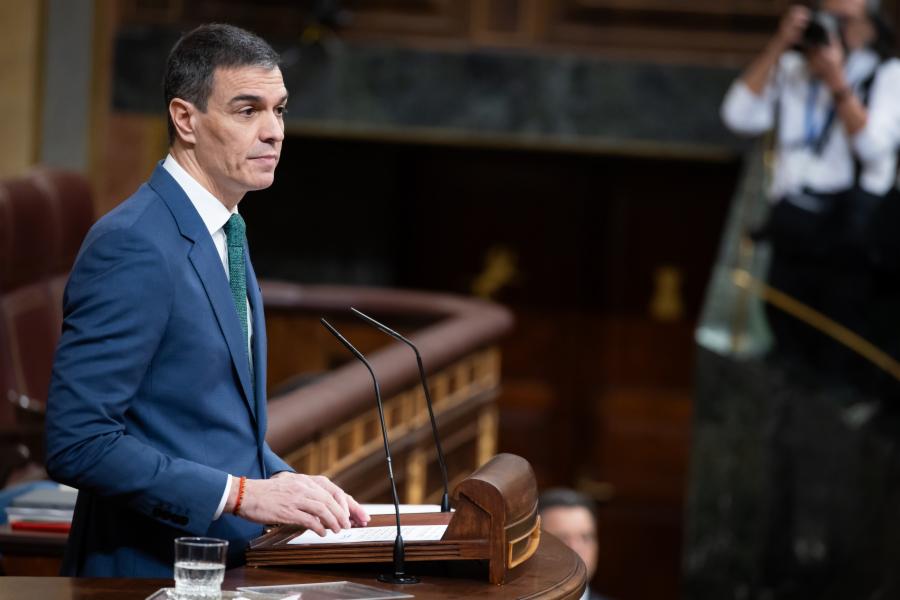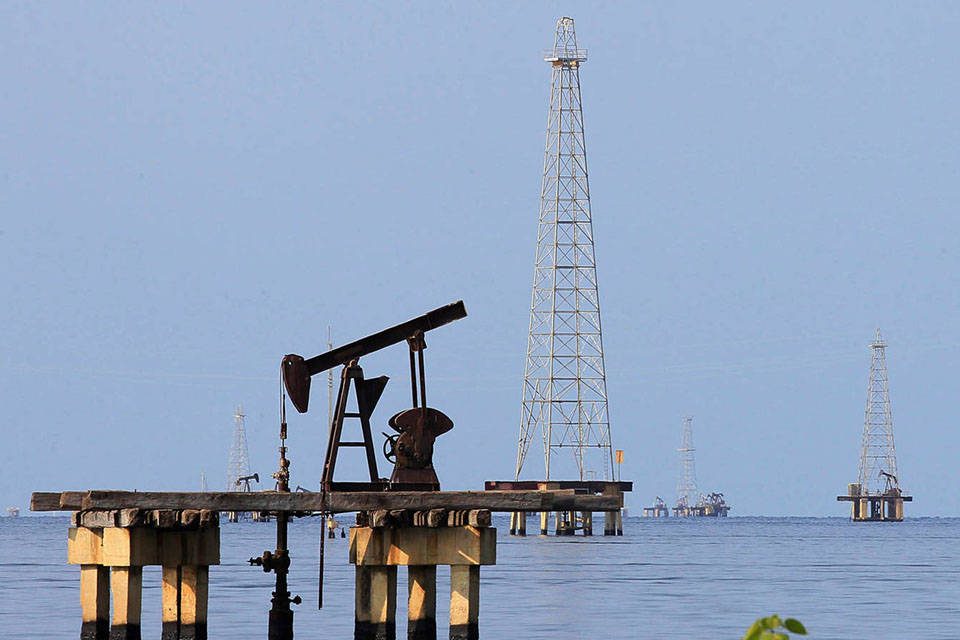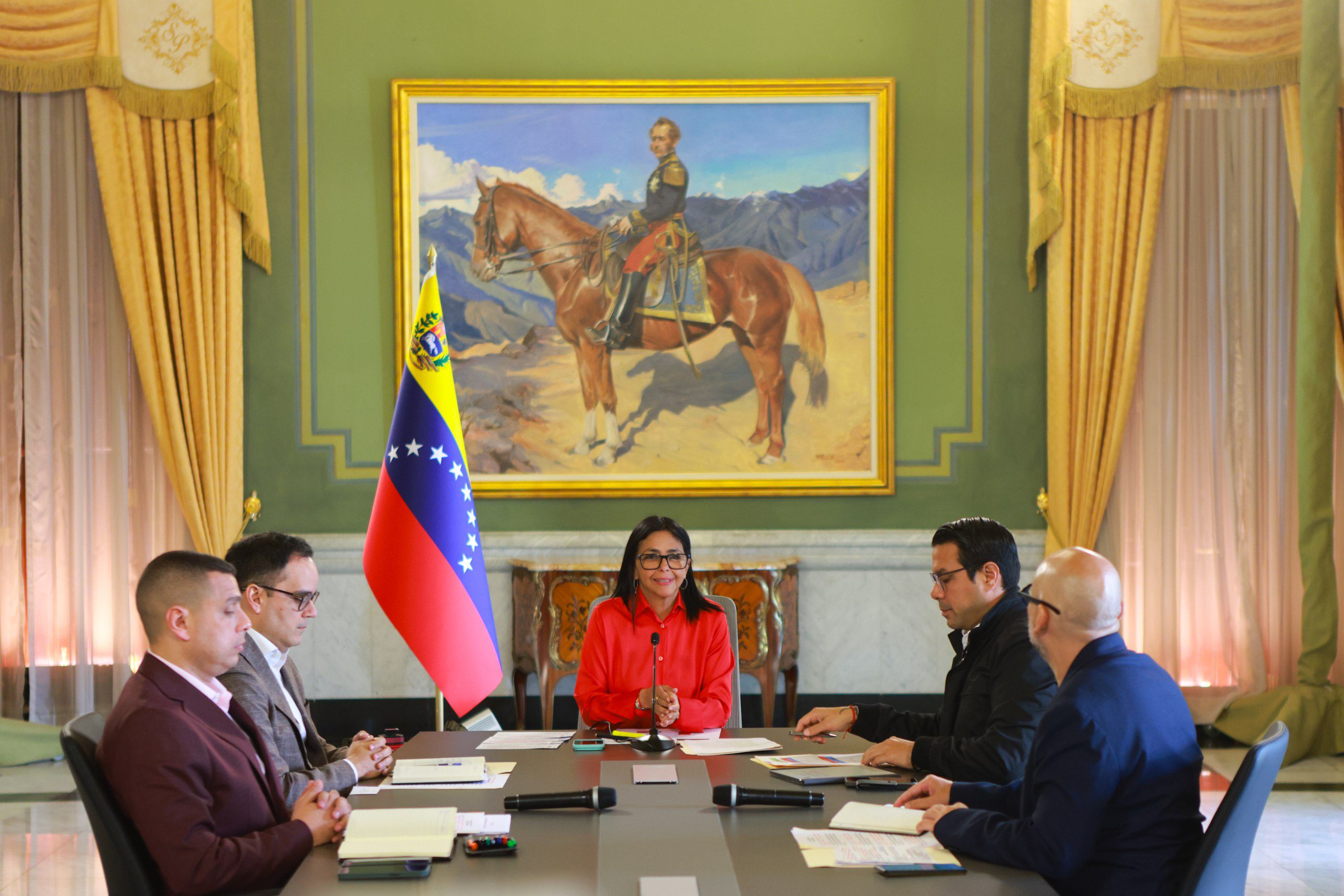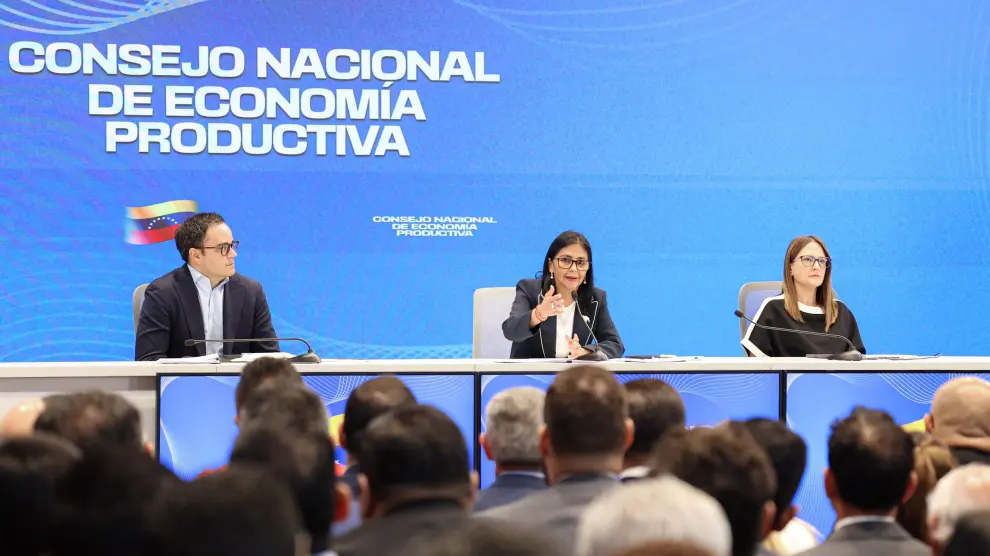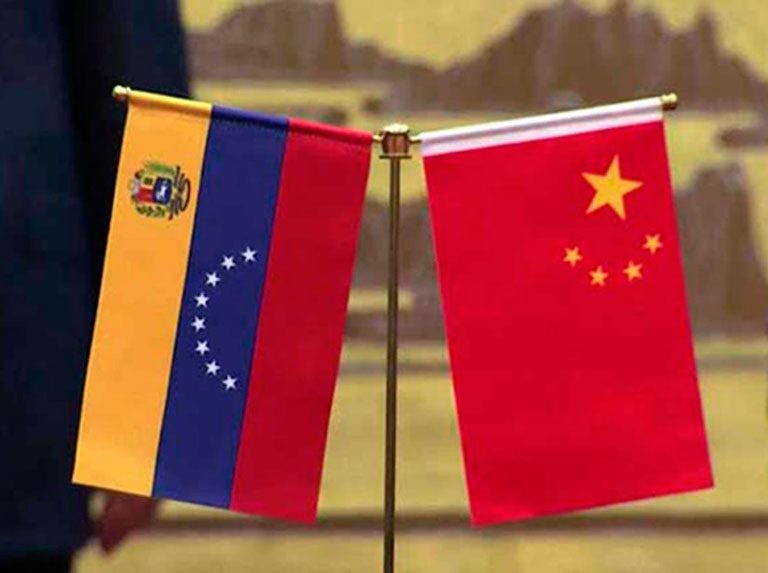Spanish Prime Minister Pedro Sánchez addressed the issue of tariffs on Tuesday, urging the U.S. government to “reconsider, engage in dialogue, and build bridges. Otherwise, we Europeans will have to defend ourselves.” Photo: Congress of Deputies (Spain).
Guacamaya, March 26, 2025. The decision by Donald Trump’s administration to impose 25% tariffs on countries purchasing crude oil and gas from Venezuela has triggered a wave of international backlash.
China, India, Spain, and the European Union have challenged the measures, warning of interference in internal affairs, economic harm, and potential coordinated responses. Meanwhile, Venezuela faces another blow to its already weakened oil industry, which could have severe consequences for its population.
On Wednesday, China’s Foreign Ministry demanded that the U.S. “cease its interference in Venezuela” and lift “unilateral and illegal sanctions.” Foreign Ministry spokesperson Guo Jiakun criticized the tariffs as harmful even to American consumers.
In 2019, following the announcement of sanctions, Chinese state-owned companies like CNPC suspended purchases of Venezuelan crude by April, according to Reuters sources. In 2023, China also halted imports of Venezuelan oil. The People’s Republic remains Venezuela’s top oil buyer, accounting for 55% of the country’s oil exports in 2024.
India’s Reliance Industries, a key player for Venezuela, announced it would stop buying Venezuelan crude, reviving the impact of 2019 when the Asian nation ceased importing 300,000 barrels per day. Before the 2019 U.S. restrictions, Reliance purchased Venezuelan oil from companies like Rosneft, which were entitled to receive Venezuelan crude as part of a debt repayment scheme. Back then, losing India as a market had severe repercussions for Venezuela’s economy—and now history may repeat itself.
In Europe, Spain—a major buyer of Venezuelan crude—warned of retaliatory measures if the tariffs affect companies like Repsol, a partner of Venezuela’s PDVSA. The Spanish oil firm, which holds a 40% stake in a joint venture in Venezuela, relies on crude shipments to settle debts—a system now under threat.
Brussels is considering coordinated actions to shield European companies from extraterritorial sanctions, recalling past countermeasures. Spain, which tripled its Venezuelan oil imports between 2023 and 2024 (to 70,000 barrels per day), issued a warning through Minister Pilar Alegría, threatening a “strong response” if its productive sectors are harmed.
Mexico and Cuba also condemned the measures. Mexican President Claudia Sheinbaum stressed that “tariffs do not target an individual but entire nations.” The stance reflects regional frustration over what several governments call a recycled “maximum pressure” strategy, after sanctions failed to oust Nicolás Maduro from power.
The tariffs follow the revocation of Chevron’s licenses to operate in Venezuela, extending its exit until May. The move aims to deter third countries from dealing with Venezuela. For the South American nation, which exports 503,000 barrels per day to China and relies on intermediaries like Russia, the measure could worsen its economic crisis—already exacerbated by record-low oil production (800,000 bpd).
U.S. Secretary of State Marco Rubio defended the tariffs as a means to “restore democracy” in Venezuela, though critics argue they only deepen the population’s suffering. The move reignites the contentious 2019 sanctions policy, which crippled Venezuela’s revenue without achieving political change. Meanwhile, Brussels and Madrid insist that Venezuela’s crisis requires a “peaceful, negotiated solution”—not coercion.
Trump’s decision reopens a complex geopolitical front, with even traditional U.S. allies questioning the extraterritorial reach of its sanctions. As China and India withdraw from the Venezuelan market and Europe prepares for a trade standoff—amid rearmament and the Ukraine conflict—oil has become a double-edged weapon in the global struggle over Venezuela’s future.

